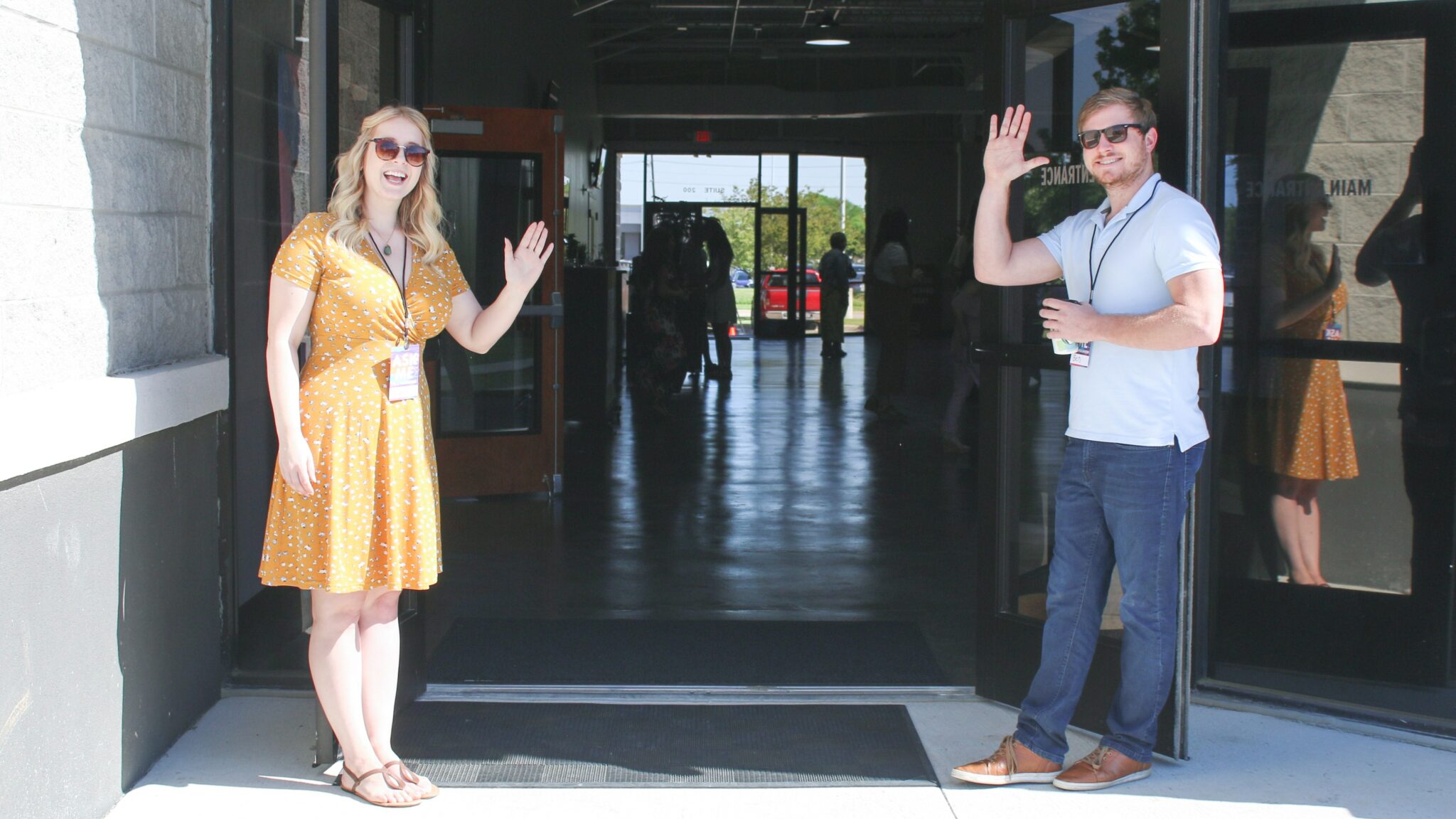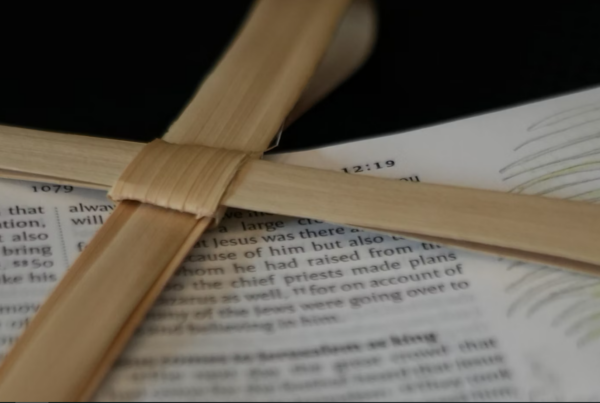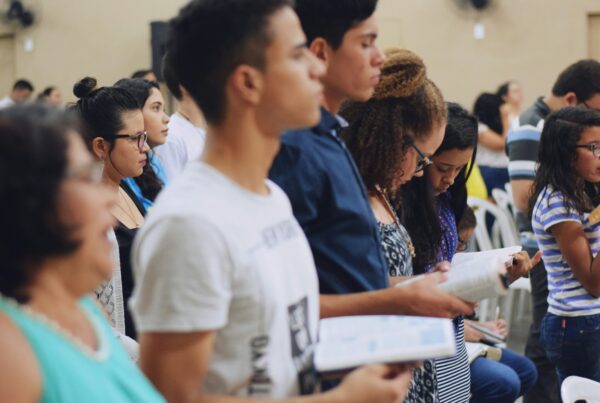W hen I graduated from college with my undergrad degree, I stumbled upon a once-in-a-lifetime opportunity: to travel to Israel and serve as a volunteer for six months. The program that I joined took place in the only Messianic community in Israel, and individuals from all over the world were there. I was beyond thrilled.
When I arrived, I realized that I had vastly underestimated the degree of which I would feel culture shock. I realized very quickly that my three semesters of modern Hebrew weren’t enough to make me feel at home. Beyond that, I learned that the diversity of the volunteers in the community I lived in was a double-edged sword. On the one hand, I lived with believers from rich backgrounds that represented the variety in God’s family. On the other hand, many volunteers had opted to spend time in smaller “cliques” with companions from their background. I remember this heightened my feeling of loneliness; I was well outside of my comfort zone and without a friend to rely on.
As time passed, my comfort level would grow as I started to connect with the community around me. I began to walk through this incredible season of life with friends from Finland, Honduras, South Korea, and South Africa. We exchanged stories of the homes we came from, while making new stories in a home we shared for a brief time. And as new volunteers would cycle in, unprepared for the shock that was awaiting them, I made it a goal to make them feel seen, cared for, and connected.
Related: How to create a sense of belonging and invite everyone to contribute their spiritual gifts
Fast forward a few years, and I stepped foot into a brand new church. In time, I would become one of the two pastors to serve this church, but at first, I was just visiting as a congregant. The church was less than six months removed from a complete rebrand following a church merger. The culture felt a bit like a dinner table of two newlyweds and their children from past marriages. There was love there for sure, but there was also tension. A touch of distrust. A little bit of suspicion. Entering this space reminded me of my early days in Israel. I had walked into a community with its own feelings and its own history. And I was looking for a way to belong.
In 2023, our church looks entirely different compared to when I first visited. The process of forming a new culture after a church merger is a long and tedious one, but I’m grateful to say we’ve made it there.
Every so often, I remember the feeling I carried with me those first few months at a new church (which I now have the privilege to shepherd). I remember the frustration of feeling like a black sheep who didn’t belong. I don’t hold onto these memories to carry resentment. I carry them so that, when I see a new person walk through our doors, I can begin to see the community through their eyes. Walking into a space with its own feelings, own culture, own history. Hoping to belong.
And now, I have a position to act. More than that, I can help to create a culture that sees and welcomes these “outsiders,” who, in the kingdom of God, are not outsiders at all.
Related: Why is there a generation missing from church?
The core value of church community is hospitality—extending a hand of hospitality and modeling a real sense of belonging. This is especially crucial for younger church attendees who are asking, “Where do I fit?” They long for a place to belong and live out their faith. Let’s make sure they find belonging in Christ’s church.
Reflect
- How do we as communities help our young people know that they belong?
- How have you experienced belonging in your own life?
Want help creating a sense of belonging for young people at your church?
Belonging is the mission of Generation Spark. We collaborate with churches who are serious about making young people belong in their community. This free cohort helps facilitate intergenerational mentoring pairs that work together to solve real-life issues and grow the church together. Read more about why mentoring works.
John Simon
John Simon is a pastor at Mission Church in Tucson, Arizona.



